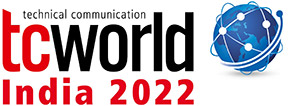Open source draws its power from the diversity of thought and expertise in its communities. It's that diversity that makes projects and products better. And contributing to an open source project has long been seen as a great way to kickstart a career in technology.
Sure. In theory.
In fact, diversity and inclusion in open source is worse than that of "traditional" software. Women, for example, make up ~22% of computer programming professionals, but only 3% of Github's survey respondents identify as female. And while those women are as interested in contributing to OSS as men (68% vs 73%), they are far less likely to do so (45% vs 61%). That's a problem for open source software projects, which draw their strength from the diversity of their communities, the knock-on effect is that women and other underrepresented groups are even less likely to gain access to careers in technology that rely on a great open source portfolio.
To be successful, and to participate in the economic advancement offered by the software industry, all developers everywhere need access to the knowledge needed to fully participate in technology. In this talk, we'll cover the common barriers to full participation in the software development industry, identify some common myths around knowledge sharing, and share practical research-based findings into how to overcome those barriers so that all developers everywhere have equal access to the information they need to participate in the knowledge economy.
Documentation is more than a set of guides, concepts, and procedures. It's a powerful tool for diversity and inclusion, and it's one that we as documentarians wield to the benefit of all.

